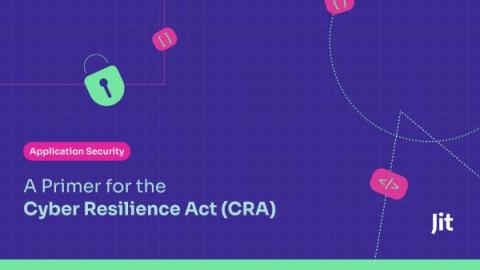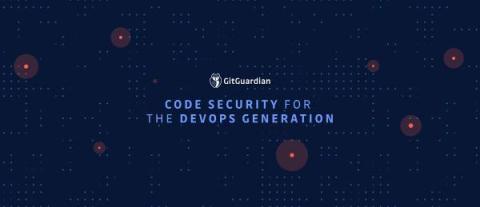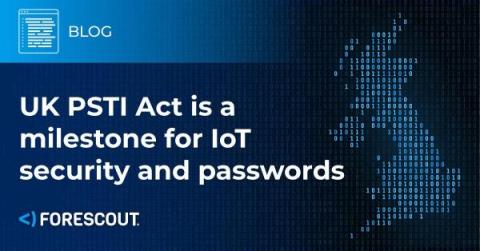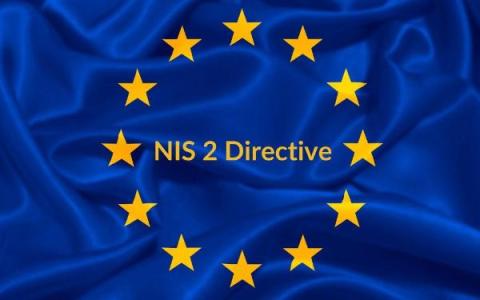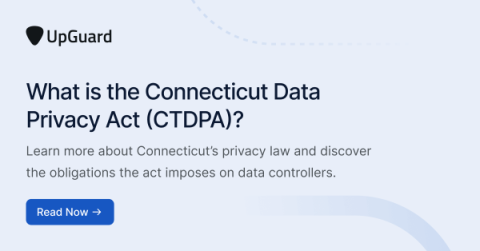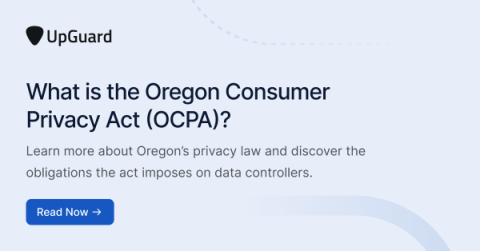What Are the Benefits of Using Data Masking Software in Ensuring Security?
Businesses face a crucial challenge of safeguarding sensitive data while ensuring compliance and enabling seamless operations. Data masking software emerges as a powerful solution, striking a balance between robust protection and practical utility. This innovative technology transforms sensitive information into fictitious yet realistic data, rendering it unrecognizable to unauthorized individuals while preserving integrity for legitimate uses.



